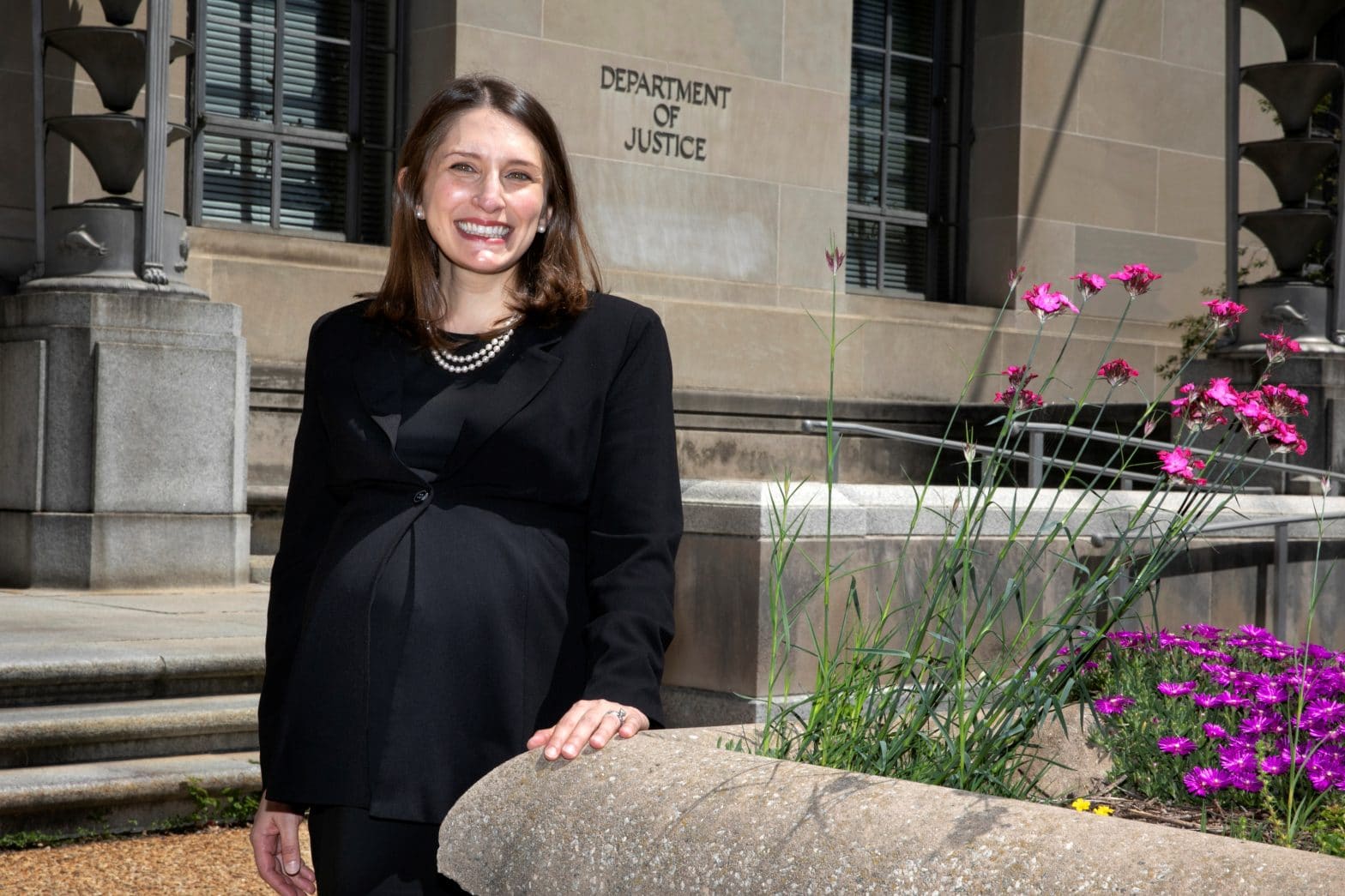Supreme Court’s First-Ever Sitting for Arguments By Phone Goes Off Without a Hitch

WASHINGTON – Somewhere, Alexander Graham Bell must be smiling.
Some 144 years after the Scottish-born scientist invented the world’s first working telephone, the U.S. Supreme Court made history Monday by hearing oral arguments using his technology and allowing the world to listen in.
The justices haven’t been idle since postponing arguments in 20 cases scheduled for March and April due to the coronavirus. They’ve continued to hold their Friday conference meetings to consider new cases for their docket, and they’ve issued a smattering of decisions.
But actual courtroom sessions are still considered unsafe in the face of the pandemic, especially as six of the nine justices are aged 65 or older and risk becoming seriously ill if they get the virus.
To continue to fully function as a court, the justices ultimately decided to hear 10 cases by phone over six days this month.
Monday’s case concerned whether Booking.com can trademark its name. Justice Department attorney Erica Ross argued Booking.com should not be allowed to trademark its name because it is a generic term followed by “.com.”
Among the other cases the court will hear during this extraordinary series of hearings are President Donald Trump’s effort to shield tax and other financial records and one asking whether presidential electors have to cast their Electoral College ballots for the candidate who wins the popular vote in their state.
The session went smoothly, notable for a high court that prizes tradition and only reluctantly changes the way it operates.
In fact, in most ways, Monday’s session departed little from arguments held in the Supreme Court chamber.
It began at the usual time, 10 a.m. eastern daylight time, with Marshal Pamela Talkin calling the court to order.
“Oyez, oyez, oyez,” she said. “All persons having business before the honorable Supreme Court of the United States are admonished to give their attention for the court is now sitting … God save the United States and this honorable court.”
With that, Chief Justice John Roberts banged his gavel and announced the case.
“We’ll hear arguments this morning in case 1946, “United States Patent and Trademark Office v. Booking.com. Miss Ross. …” he said introducing the government’s attorney.
“Mr. Chief Justice and may it please the court,” she said, uttering the attorney’s traditional opening.
With that, the hearing boiled down to an orderly phone discussion among the nine justices and two arguing lawyers.
The one difference between a traditional hearing before the court and Monday’s proceedings was that rather than engage in their usual, rapid-fire, free-for-all style of questioning, the justices quizzed the attorneys by order of seniority.
That meant that after Roberts asked the first questions of Ross, Justice Clarence Thomas came next, followed by Justice Ruth Bader Ginsburg and on down to Justice Brett Kavanaugh, who went last.
The biggest surprise of the day was Thomas, who once went 10 years without posing a question in a case, and who has said in the past that he often thinks his colleagues ask lawyers too many questions.
On Monday, Thomas posed questions to both attorneys. It was the first time in more than a year that he asked a question.
Thomas last posed a query in a Mississippi death penalty case in March 2019.
The justice has explained his silence as being a byproduct of his childhood experience as the only black student in a virtually all-white school and being made fun of for his way of speaking, which adheres to a black dialect spoken primarily in coastal Georgia and South Carolina.
“I was thinking in standard English but speaking another language so I just started developing the habit of listening,” he told an interviewer two decades ago.
Glitches during Monday’s hearing were few and minor. At one point, when the questioning was passed to Justice Sonia Sotomayor, there was a long pause when she evidently had her microphone on mute.
The chief justice called on her a second time, at which point, Sotomayor appeared on the line.
“I’m sorry, chief,” she said before beginning her questioning.
At another point, Justice Stephen Breyer could be heard, but his audio was briefly garbled.
Throughout the proceedings, Roberts politely interrupted the arguing attorneys to keep the questioning on schedule, saying “thank you, counsel,” when it was time to move on to the next justice.
Despite his best efforts, the case still ran about 15 minutes over its allotted hour.
“It is a fundamental principle of trademark law that no party can obtain a trademark for a generic term like ‘wine,’ ‘cotton,’ or ‘grain,'” Ross told the justices, pointing them to an 1888 Supreme Court case involving the Goodyear Rubber Co., in which the justices ruled that adding a word like “Company” or “Inc.” to a generic term doesn’t make it eligible to be trademarked.
The other attorney arguing before the court was Lisa Blatt, of Williams & Connolly LLP, representing Booking.com in its fight for trademark registration.
She was the only participant in the call to reference the global pandemic that prompted the extraordinary hearing in the first place.
“Sometimes people think of generic-word.coms generically. I have searched every grocery-store.com looking for toilet paper,” she said. “I have now started looking at every hardware.com. I am using food-delivery.com for all of my take-outs these days. Those are generic usages of a generic-word.com.”
The chief justice did not address the novelty of the teleconference Monday, ending with his usual line, “Thank you counsel, the case is submitted.”
The Supreme Court will hear an additional nine arguments before the May teleconference session ends on May 13.























